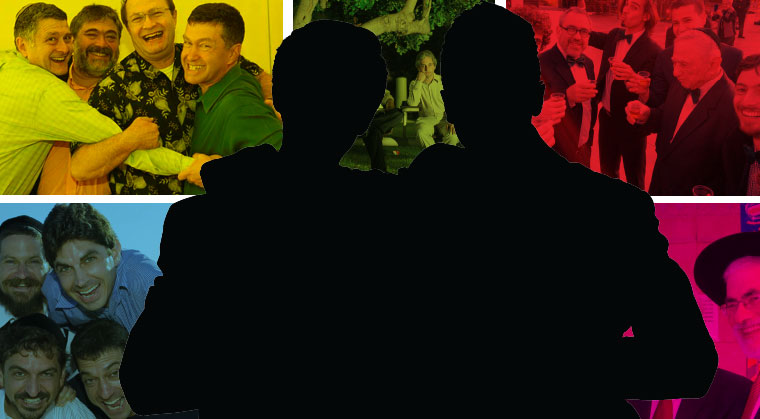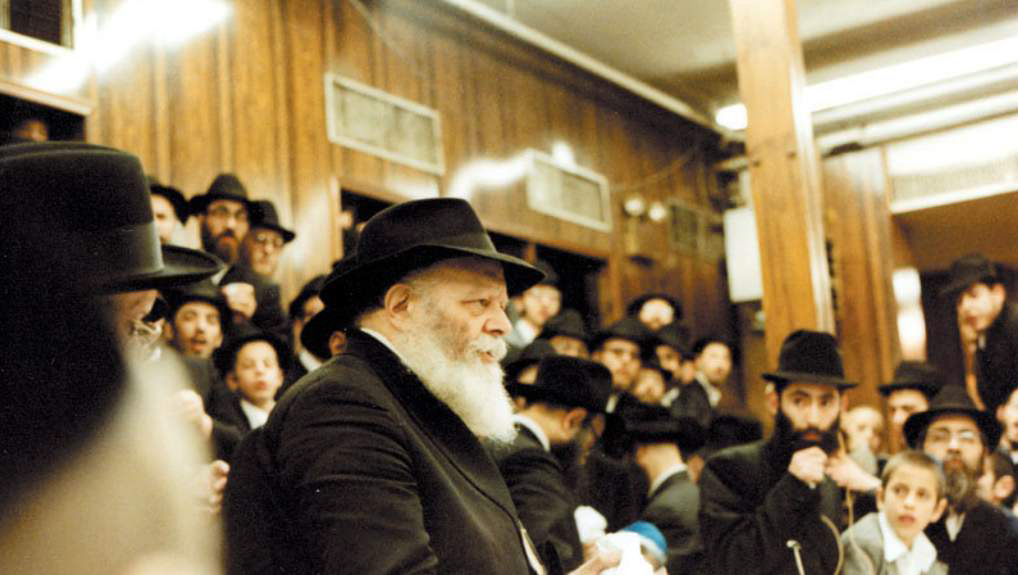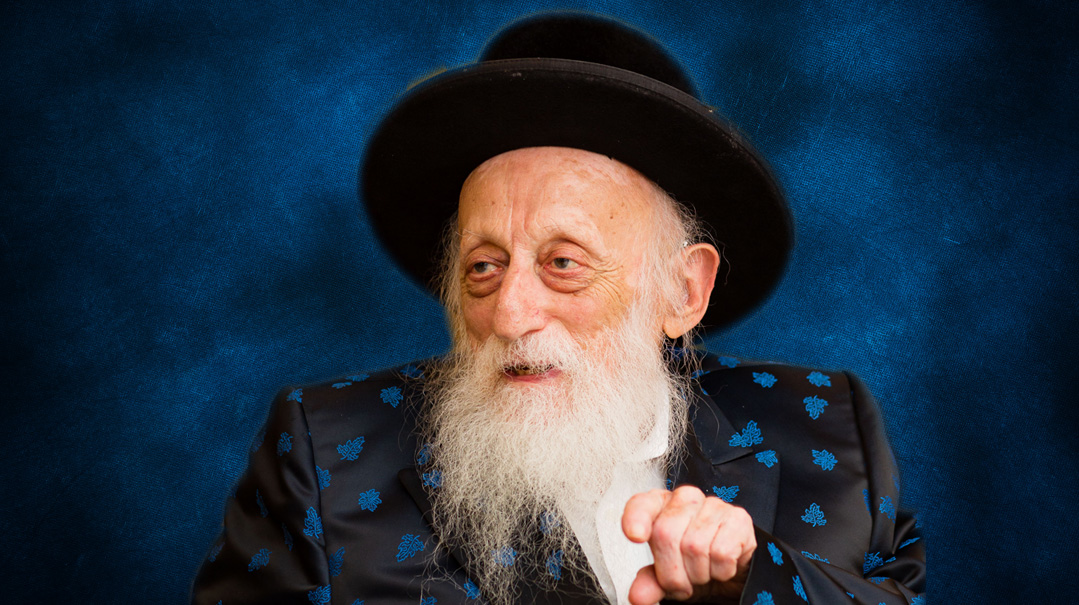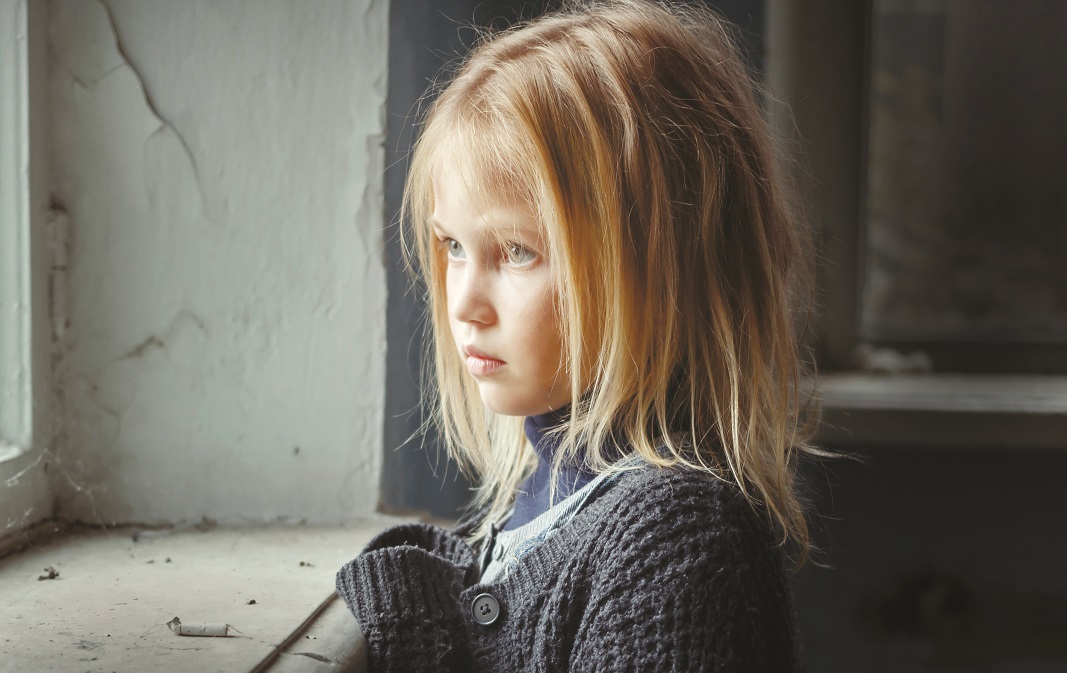My Brother’s Keeper
| September 18, 2017
Ephraim came home that summer before heading back to Israel for the year and Raphael was taken aback by the change he witnessed. “We’re twins we’d always been at pretty much the same stage in life. And all of a sudden here was my brother suddenly showing a lot more maturity and sensitivity. I thought hey he’s got something on me! But based on our Hebrew-school experience I believed it couldn’t possibly be Judaism that was causing this change” (Photos: Family archives)
A terrified mother picks up the phone. It’s Bobby on the other end of the line calling from Jerusalem. Though now he says he wants to go by his Hebrew name Baruch and by the way he intends to stay in yeshivah a few weeks longer.
Weeks stretch into months so Bobby’s parents dispatch his brother Sam to rescue their wayward son. Has he been captured by a cult? Sam arrives and surveys the scene. Bobby sure is different. Gosh he’s even being nice to me after all those years of fighting. And wait a minute he’s got some interesting new ideas to share….
After a few years Baruch and Shmuel return home to visit their parents. Their dress is different and they have a new way of speaking but their eyes shine and their kind touch is evident in everything they do. Can the parents kasher the kitchen so the brothers can eat there? Outrage turns into acceptance and then the parents return to the Yiddishkeit of their grandparents.
Sounds like a fantasy you say? Not for thousands of baalei teshuvah and their families some of whom have had the rare pleasure and distinction of making the journey together. In this collection you’ll meet brothers who did teshuvah together one influencing the other to greater heights.
The Shore Brothers
David: Hollywood Producer
Ephraim: Deputy Executive Director Aish HaTorah
Raphael: Founder Jerusalem U.
They were three brothers growing up in the 1960s in the Canadian city of London Ontario. David was the oldest followed by twin brothers Ephraim and Raphael. While their parents raised them to be Zionistic they had little exposure to religious Jews or Judaism.
“We had the perfunctory Hebrew-school education ” says Ephraim. “My twin and I were kicked out so often we were finally expelled — and it was pretty hard to get expelled from Hebrew school.”
Aside from pulling stunts like jumping out of classroom windows Ephraim recalls asking questions and not getting very satisfactory answers. “I once asked a rabbi ‘Why should a modern person believe in G-d?’ He answered ‘Well everyone has to believe in something.’ ”

Ephraim ran away from home one Yom Kippur to go to school leaving a note saying “I don’t believe in this anyway. Why should I go to synagogue?” He had to be bribed to have a bar mitzvah. Judaism to him was something shallow and meaningless.
And then the moment of transformation came from as unlikely a source as possible. It was of all things an article he read in Rolling Stone magazine when he was 17 that changed everything. While the pop-culture magazine was not exactly the place one would expect to find a thoughtful article about the philosophy of Judaism Ellen Willis a Rolling Stone writer had published a long in-depth article describing her brother’s return to Judaism while studying at Aish HaTorah.
“It was the first time in my life that I saw Judaism presented in an intellectual manner ” Ephraim explains. “That there was actually evidence that G-d existed? It was shocking.”
A year later in 1979 he was in Israel and found himself in the Old City of Jerusalem. “Suddenly I saw a copy of that Rolling Stone article sitting on a table. I looked up at the building next to it and realized this must be the place!” Someone noticed him and invited him in where Rav Noach Weinberg was teaching a class on the 48 Ways of Wisdom.
“I expected it to be about praying or rituals — but the class was about laughter.”
Hooked he came back the next day and the next. He sat in on classes discussing G-d’s existence and how to get the most pleasure out of life which he found both compelling and petrifying.
“I didn’t want to end up like that guy in the article who became Orthodox. On the other hand I needed to know if there was something meaningful in my heritage.” (Excerpted from Mishpacha Issue 678)
Oops! We could not locate your form.












